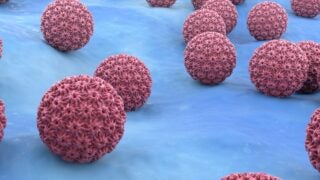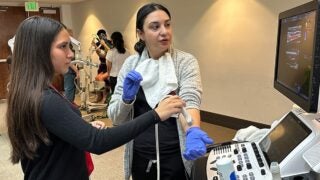A first-of-its-kind study offers hope for future treatments of urinary incontinence caused by neurological disorders, aging and other conditions.
Related Articles
Health
Aug 19, 2025
Health
Aug 15, 2025



